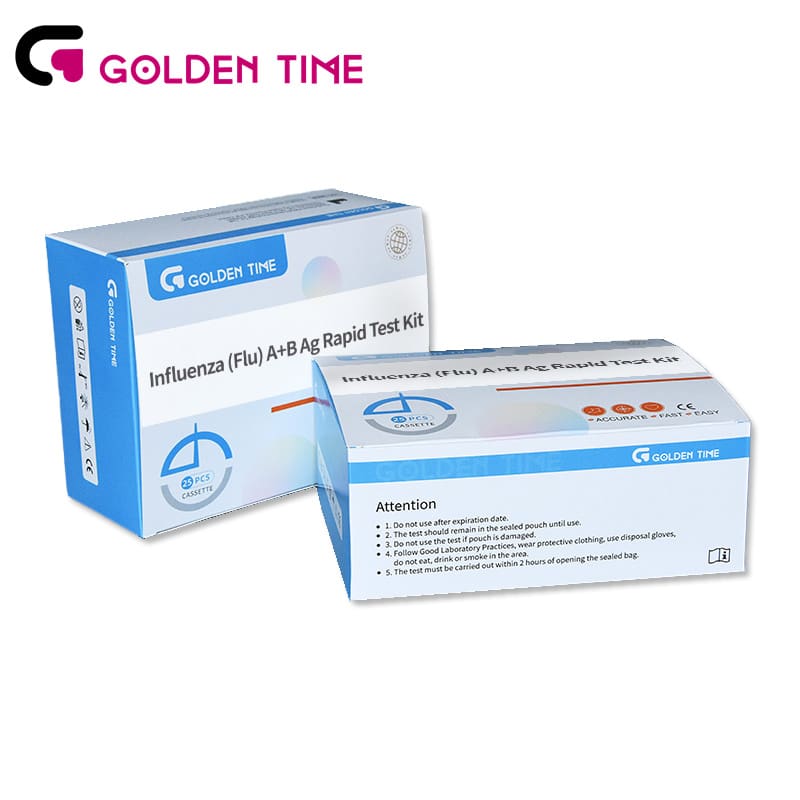វិច្ឆិកា . 29, 2024 11:27 Back to list
HBS Antigen Testing Solutions from Leading Manufacturers for Accurate Results and Fast Diagnosis
Understanding the HBsAntigen Test A Key to Hepatitis B Detection
Hepatitis B virus (HBV) infection is a significant global health concern, affecting millions of people worldwide. One of the crucial tools for diagnosing this infection is the Hepatitis B surface antigen (HBsAg) test. This article explores the HBsAg test, its relevance, and the advancements in testing technologies.
What is the HBsAg Test?
The HBsAg test specifically detects the presence of the Hepatitis B surface antigen in the blood. The presence of HBsAg indicates that a person is currently infected with the virus, either in the acute or chronic stage. The test is fundamental for both diagnosis and monitoring of HBV infection. It helps healthcare providers determine the best course of action, including treatment options and necessary interventions.
Importance of Early Detection
Early detection of Hepatitis B infection is vital in ensuring effective management and treatment. Individuals with acute HBV infection may not exhibit symptoms, yet they can still transmit the virus to others. Regular screening using the HBsAg test is essential for at-risk populations, including those with multiple sexual partners, individuals with a history of intravenous drug use, and healthcare workers, among others.
The HBsAg Test Process
The process of conducting the HBsAg test is relatively straightforward. A healthcare professional collects a blood sample from the patient, which is then analyzed in a laboratory. The results can be available within a few hours or days, depending on the testing facility.
There are two primary types of HBsAg tests qualitative and quantitative. The qualitative test simply determines whether HBsAg is present in the blood. In contrast, the quantitative test measures the level of HBsAg, providing insights into the viral load and infection stage, which can be critical for monitoring chronic cases.
hbs antigen test factory

Advancements in HBsAg Testing Technologies
With advancements in technology, the HBsAg test has seen significant improvements that enhance its accuracy, speed, and user-friendliness. Traditional methods involve enzyme-linked immunosorbent assay (ELISA), but newer rapid test kits have emerged. These rapid tests allow for HBsAg detection within minutes and can be used in various settings, including remote or resource-limited areas.
Moreover, the advent of point-of-care testing (POCT) has revolutionized how screening is conducted. POCT facilitates immediate results, enabling timely clinical decisions. This is especially crucial in managing outbreaks and preventing the spread of Hepatitis B.
Challenges and Limitations
While the HBsAg test is a powerful diagnostic tool, it is not without its challenges. False-positive and false-negative results can occur due to various factors, including technical errors or interference from other substances in the blood. Therefore, confirmatory testing is often recommended, especially in cases where the clinical presentation strongly suggests HBV infection.
Additionally, the HBsAg test cannot distinguish between acute and chronic infection without further testing. Consequently, healthcare providers often follow up with additional tests, such as Hepatitis B e antigen (HBeAg) and viral DNA tests, to evaluate the infection's stage and assess end-stage liver disease potential.
Conclusion
The HBsAg test is a cornerstone in the detection and management of Hepatitis B infection. Its ability to provide quick and reliable results makes it an essential tool in both clinical and public health settings. As technology continues to evolve, the HBsAg test will likely become even more efficient and accessible, playing a pivotal role in reducing the global burden of Hepatitis B. Early detection, coupled with effective treatment, can significantly improve outcomes for those infected, underscoring the need for ongoing research and innovation in this critical area of healthcare.
-
Dengue NS1 Rapid Diagnostic Test Kit
NewsMar.07,2025
-
Dengue NS1 Rapid Diagnostic Test Kit
NewsMar.07,2025
-
Dengue NS1 Rapid Diagnostic Test Kit
NewsMar.07,2025
-
Transferrin Rapid Test Cassette Tumor Marker TF Card
NewsMar.07,2025
-
Malaria Pf Pan Rapid Diagnostic Test Kit
NewsMar.07,2025
-
malaria pf / pan ag rapid test
NewsMar.07,2025

